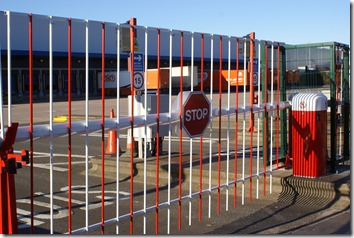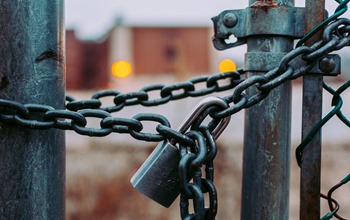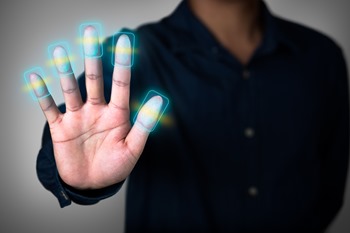 No matter whether you are a small, medium, or large organisation, there is always a place for physical security. Your business is home to your data, your employees and more so you must ensure they are protected as much as possible. Not only does physical security help protect your premises from an in-person attack but it also helps boost the strength of a company’s cybersecurity as well. Here are seven physical security measures every organisation should implement.
No matter whether you are a small, medium, or large organisation, there is always a place for physical security. Your business is home to your data, your employees and more so you must ensure they are protected as much as possible. Not only does physical security help protect your premises from an in-person attack but it also helps boost the strength of a company’s cybersecurity as well. Here are seven physical security measures every organisation should implement.
Set up surveillance
Although a business should have other security measures to stop people from breaking into the premises, it is important to know that if the worst-case scenario were to happen, you can have video evidence of who the intruder is. When installing a surveillance camera, ensure you place it in the optimum position to get a good, clear view of the entrance and exit points. Not only can surveillance cameras monitor the site continuously, but they can also use motion detectors and only record when there is movement. Most surveillance cameras now come with a notification process where it sends a warning to a mobile to say there is suspicious activity.
Ensure you have supporting signage near the surveillance cameras that state they are in use. People need to be warned there are cameras in operation, but they also have the added effect of being a physical deterrent for potential criminals.
Lock the server room
The server room is a vital location on any business premises as it contains sensitive data which would be detrimental if it fell into the wrong hands. If criminals attack your server room it can lead to significant downtime and cost to a company. Have sturdy locks on the door and have access control where possible, to ensure that only authorised personnel has access.
Have access controls
A business should have a method of access control in place. Access control equipment can vary in sophistication and range from a keypad that requires a keycode to be entered, to using a keycard or even fingerprint recognition. So, depending on your budget, there is still a way for you to use this technology to create a more secure environment.
Use ID cards for staff
Using ID cards has been proven to be an effective security measure that all companies can adopt. If you have a security guard, it should be a protocol that all ID cards are checked before they are allowed onto the premises. The ID cards can also be used in conjunction with access controls for even tighter security. For example, if a business has an entrance foyer, turnstiles can be installed that only allow access to those who have their ID card.
Have car park security
It is not just the building itself that should be secured. If there is a staff car park, security measures should be in place here as well. For example, gates, barriers, fences, bollards, and surveillance cameras. If there is no physical security around your car park it can lead to criminals gaining close access to your building, especially if they can park right next to the building. Having these measures also help make the staff feel safer whilst they are at work.
Install Exterior Lighting
Whilst it can easily be overlooked, a great form of physical security can be the lighting. This low-cost option can have a major impact. Having exterior lights around the proximity of the property can help deter any criminals as they cannot hide in the dark. Staff will also feel safe entering or exiting the premises if they know there is sufficient lighting.
Provide regularly security training
All members of staff should be trained to understand the importance of physical security and know what measures are in place. To remain as secure as possible, a company needs to adopt a security culture in the workplace. Everyone should understand what the risks are and what measures they need to follow. Even one staff member who does not follow the correct procedures can end up putting the whole company’s data and assets at risk.
This list is just the start of things organisations should consider implementing to protect their business. They are the most essential security measures that businesses should implement now if they haven’t already done so. Although there is an investment, the benefits they provide outweigh the cost as they provide peace of mind that you have done everything you can to keep your business safe and secure.

 The majority of businesses are now more aware than ever that cybersecurity is vital. Cyber attacks are now, unfortunately, more common than ever and companies need to be prepared. However, what some businesses do not know is how detrimental cybersecurity is when it comes to the perimeter and physical security. Businesses need to make sure that their security has a full package, taking both of these things into account. Here, we discuss how cybersecurity can impact physical security.
The majority of businesses are now more aware than ever that cybersecurity is vital. Cyber attacks are now, unfortunately, more common than ever and companies need to be prepared. However, what some businesses do not know is how detrimental cybersecurity is when it comes to the perimeter and physical security. Businesses need to make sure that their security has a full package, taking both of these things into account. Here, we discuss how cybersecurity can impact physical security. 




Recent Comments